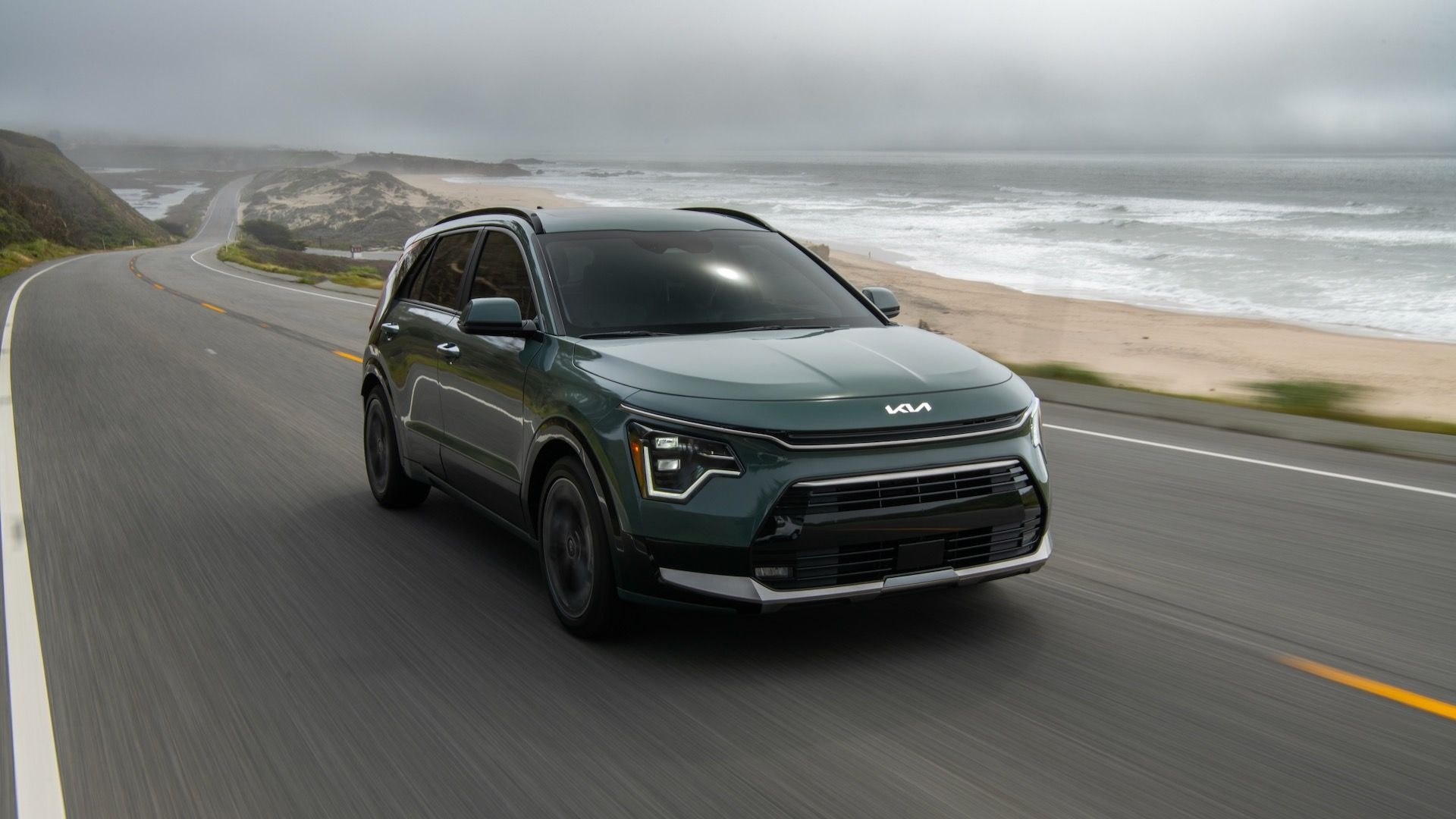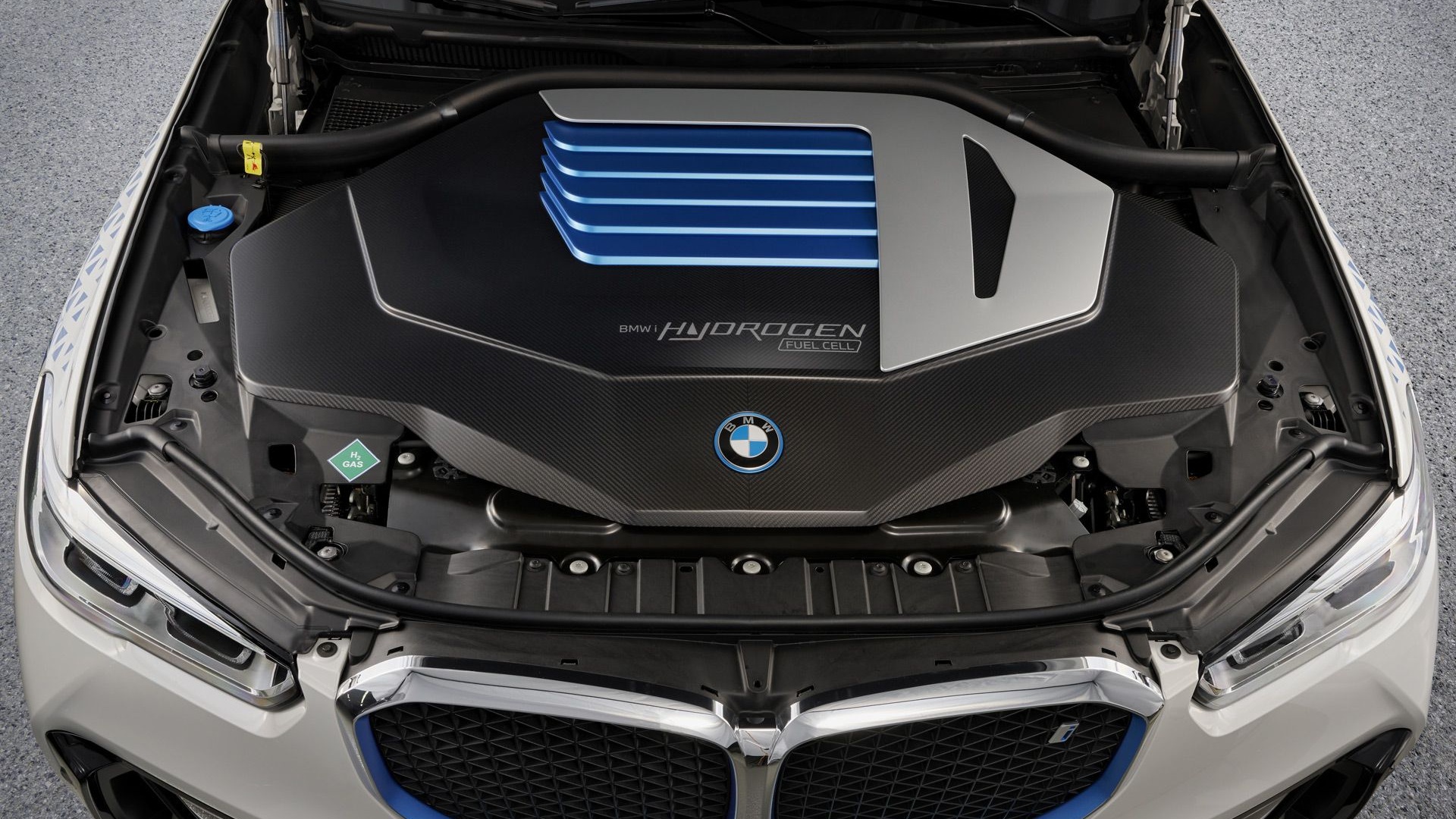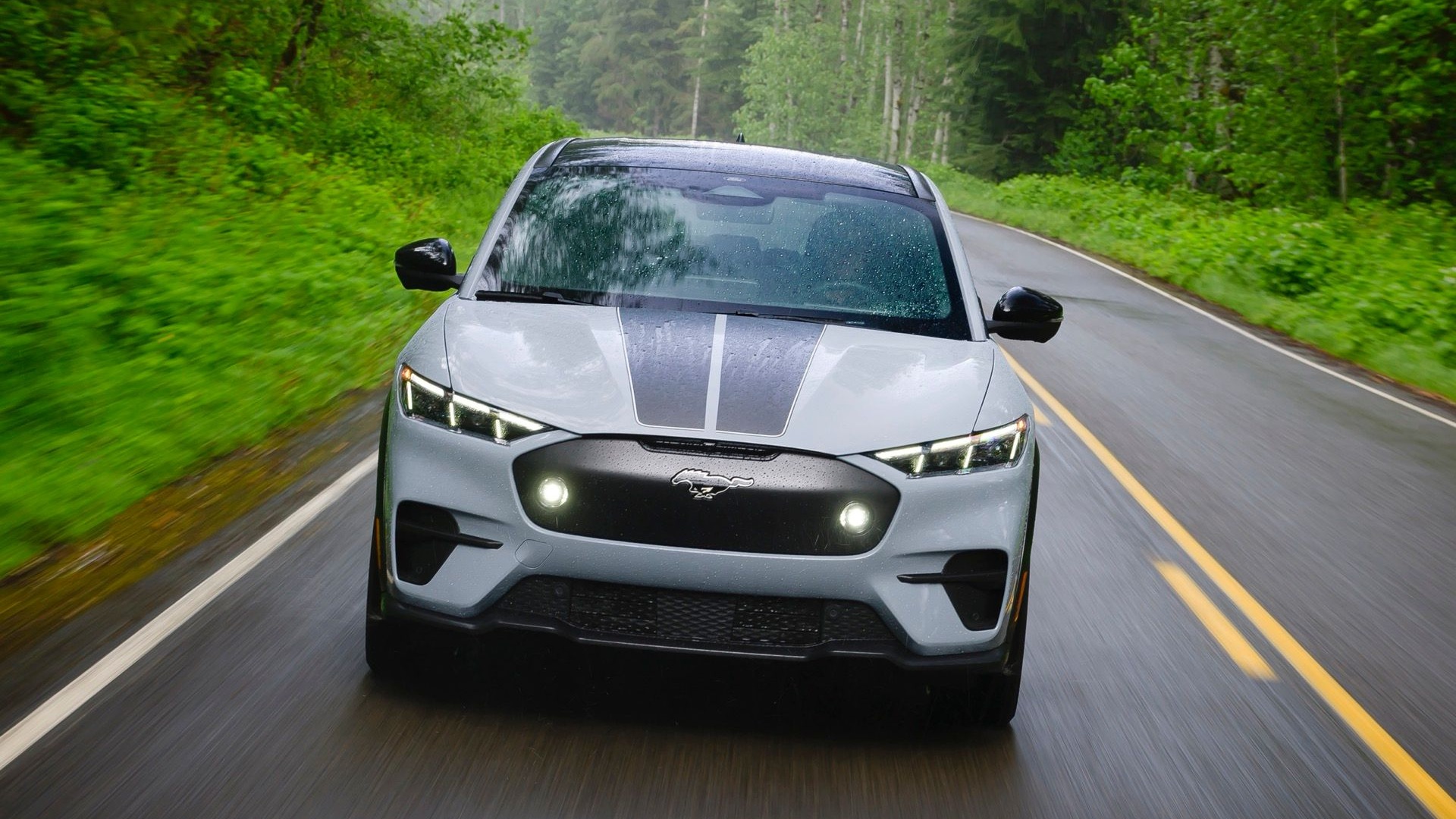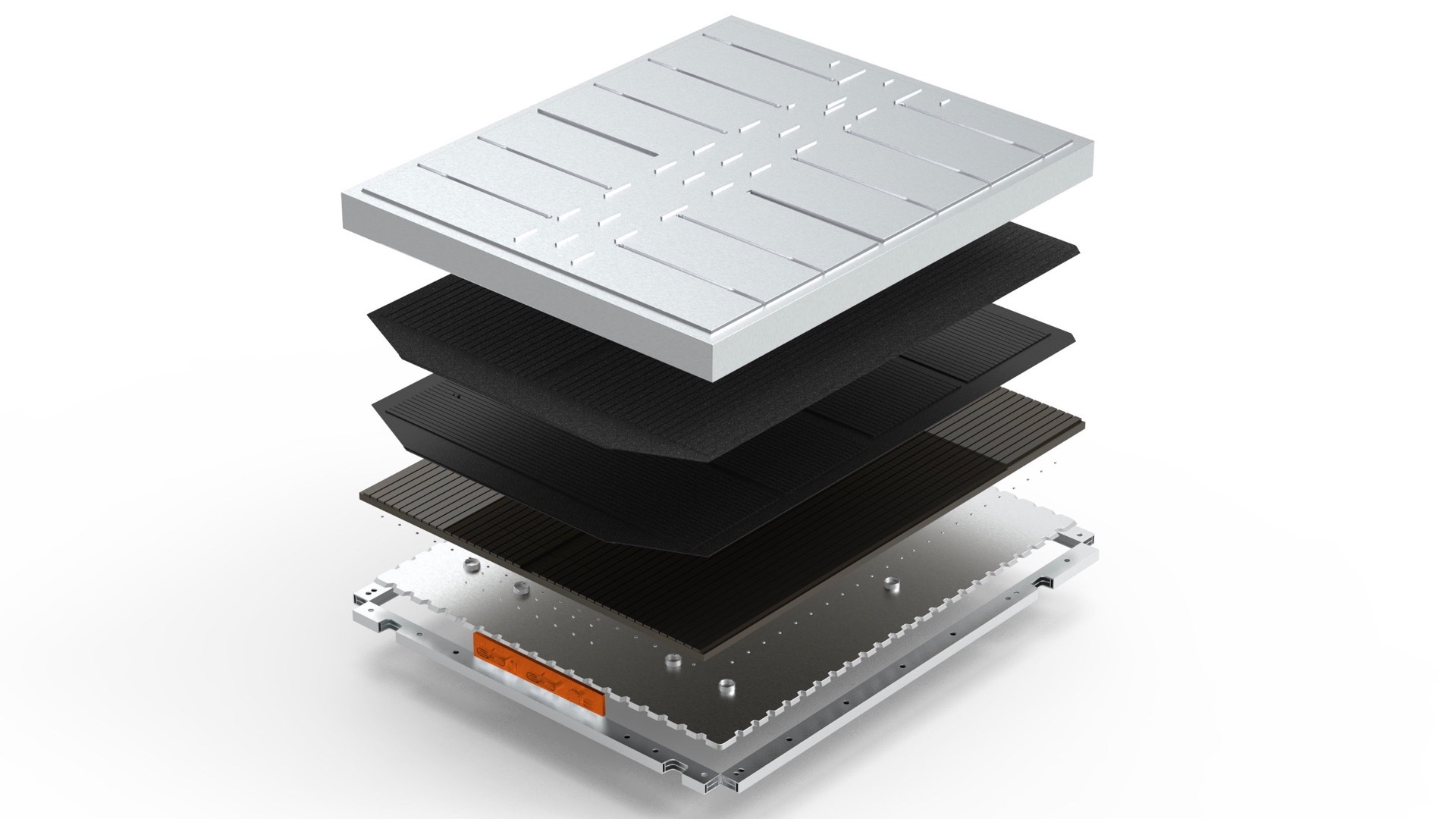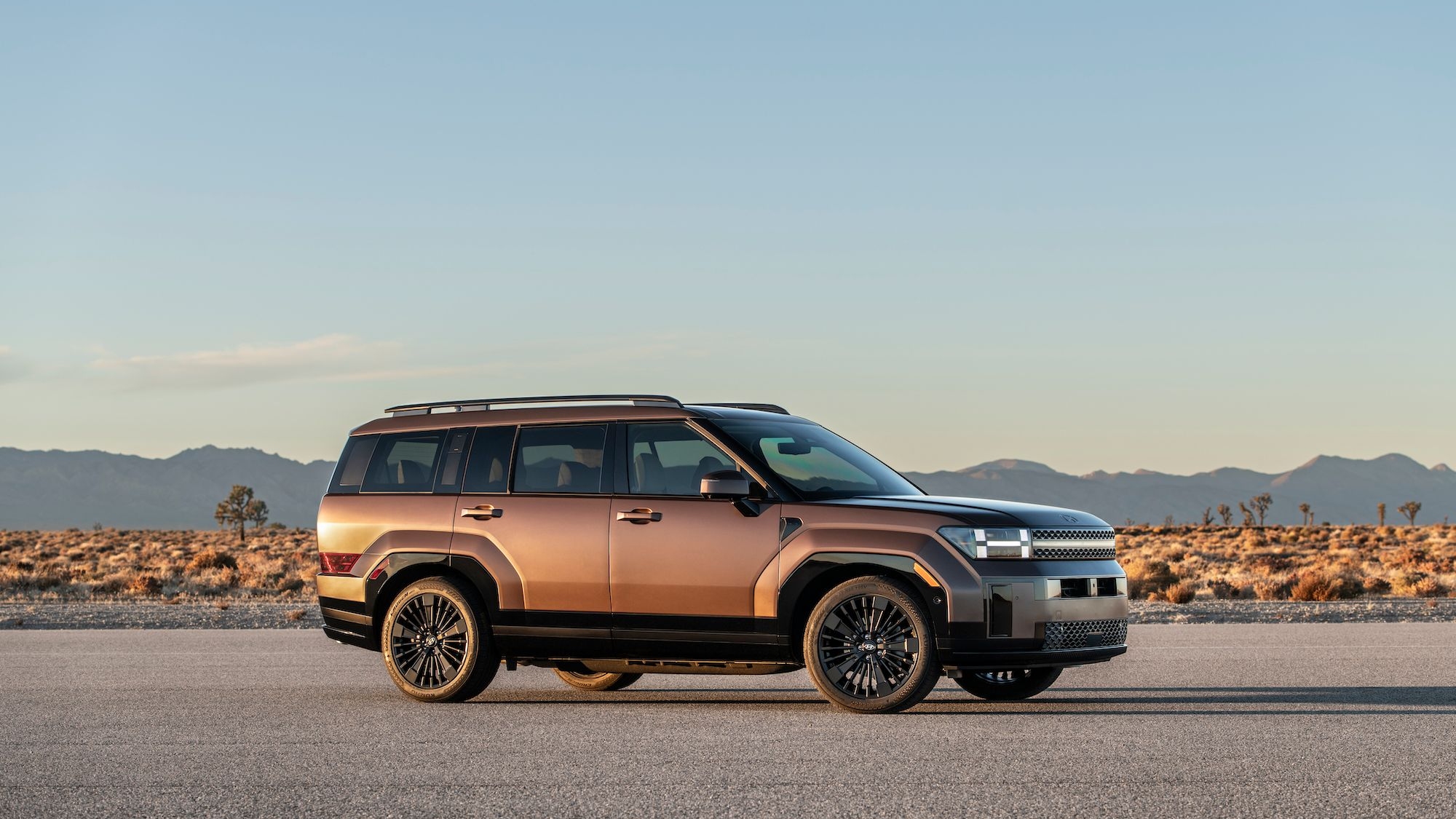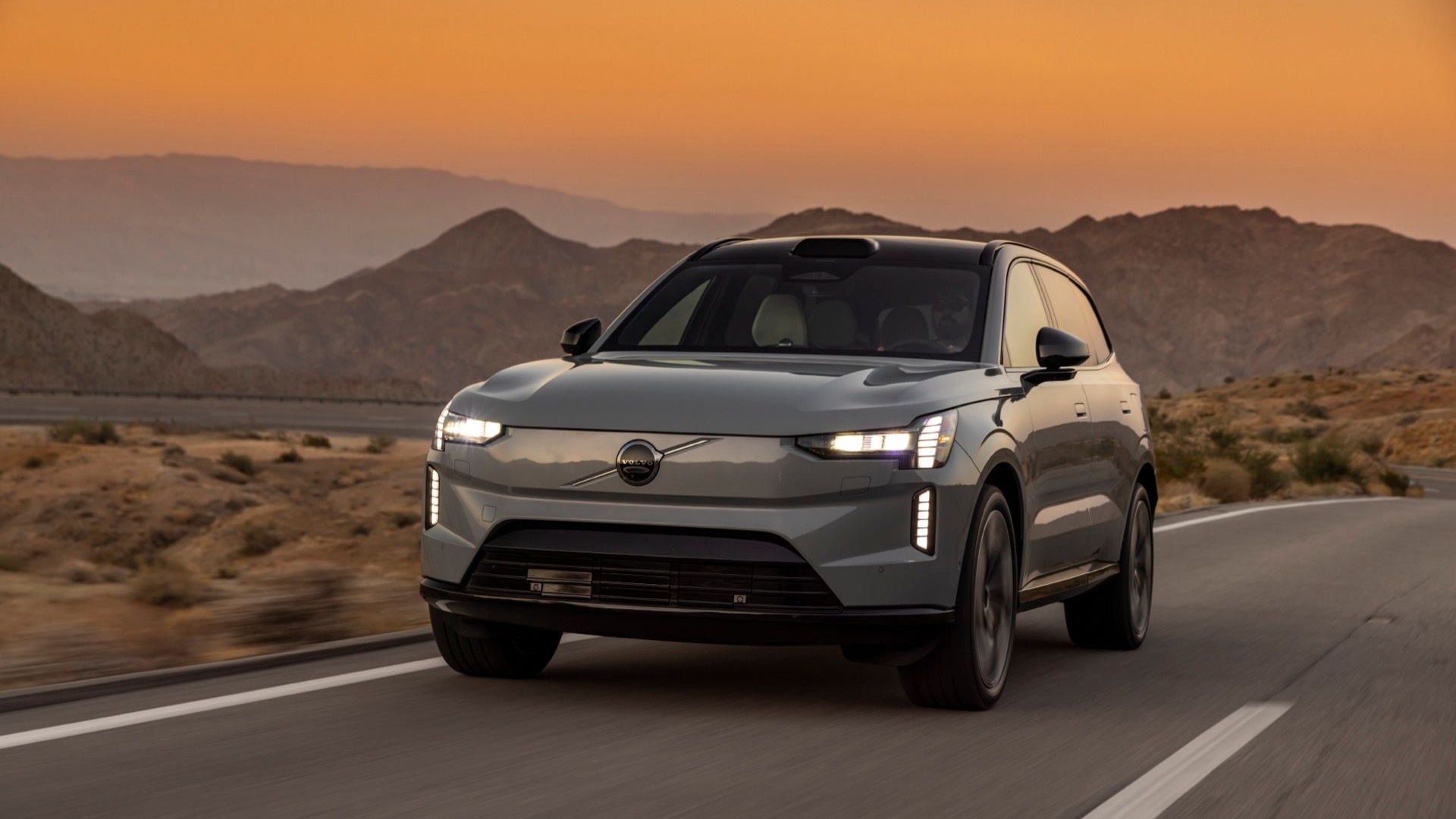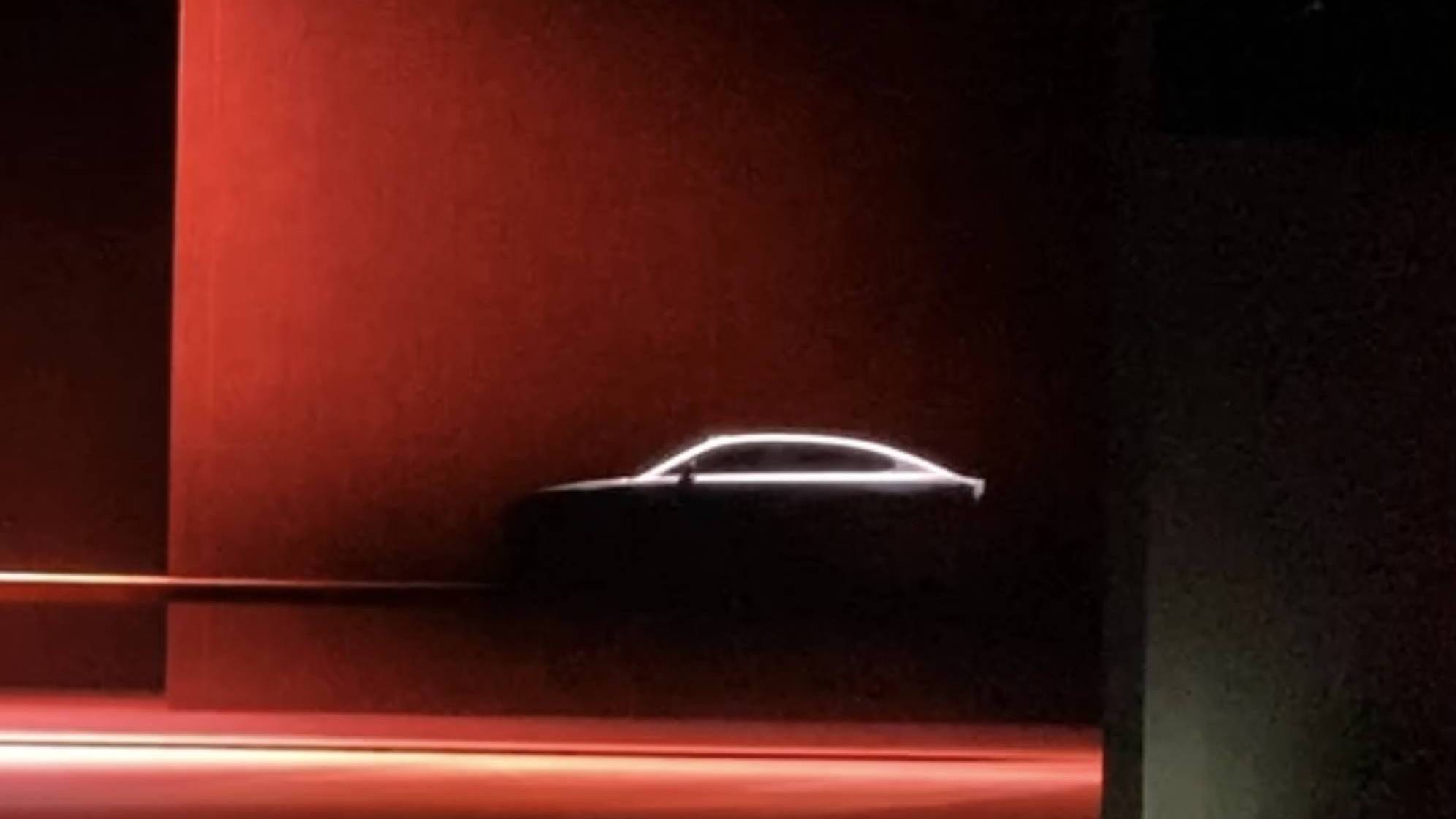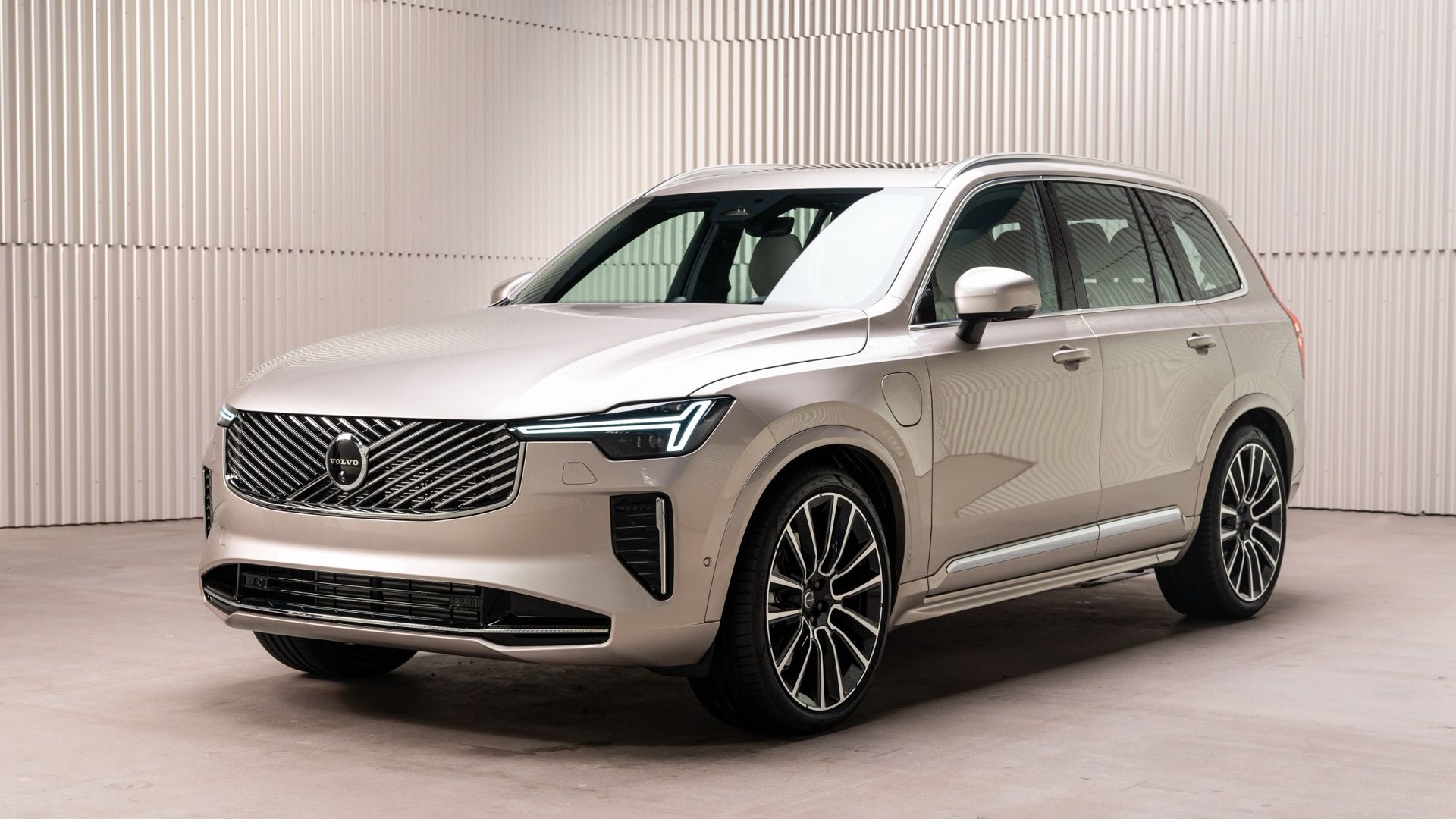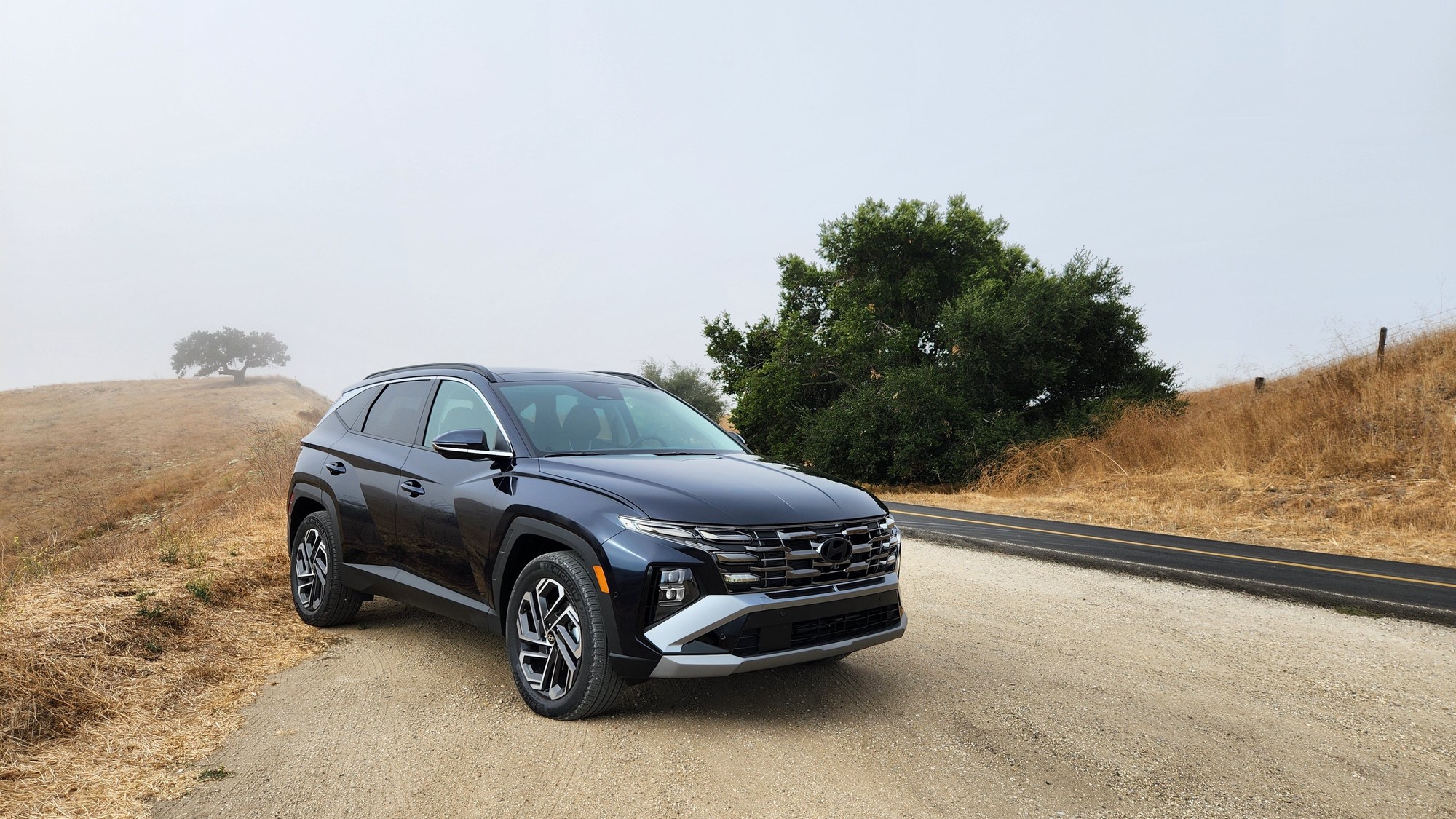Donald Trump hates electric cars—particularly Chinese electric cars—but his administration's sanctions against China's Xiaomi in early 2021 sparked the company's decision to build an EV, CEO Lei Jun told Reuters at a company event Friday.
Best known for its smartphones, Xiaomi launched its first EV earlier this year. It's the product of a move Lei said only happened after he learned that the Trump administration had placed the company on a U.S. sanction list.
"I received a phone call from a friend saying that we had been sanctioned," Lei said, adding that Xiaomi convened an emergency board meeting that day that kicked off its EV efforts.
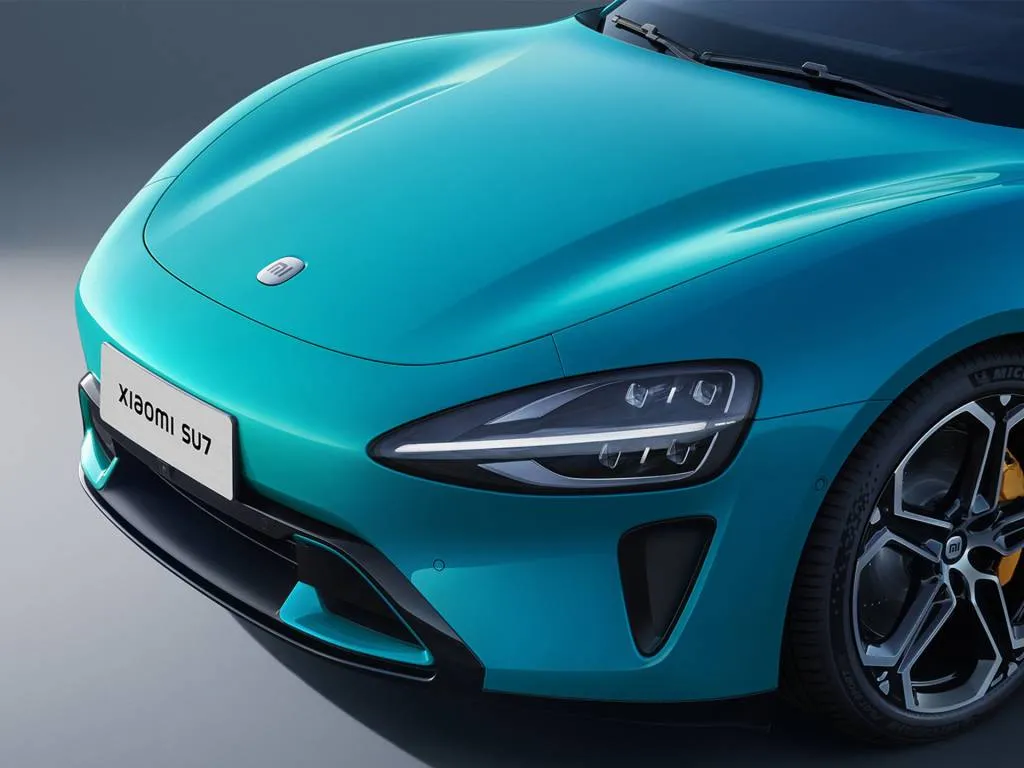
2024 Xiaomi SU7
"If it weren't for the huge impact of the unexpected U.S. sanctions, we would not have rashly entered the complex automotive industry," Lei said. Xiaomi challenged the 2021 sanctions in federal court and that May won a reversal of the sanctions, which would have restricted U.S. investment, Reuters noted. But by then development of the Xiaomi SU7 electric sedan was already underway.
Unveiled at the end of 2023, the SU7 is a rival sized like the Tesla Model S but offered at a Model 3 price—around $30,000 in China, the only market where sales are planned. It amounts to competition to Tesla as well as other Western brands. Multiple powertrain and battery-pack options will be available, including a 664-hp dual-motor powertrain and up to 600 miles of range on China's very generous CLTC testing cycle.
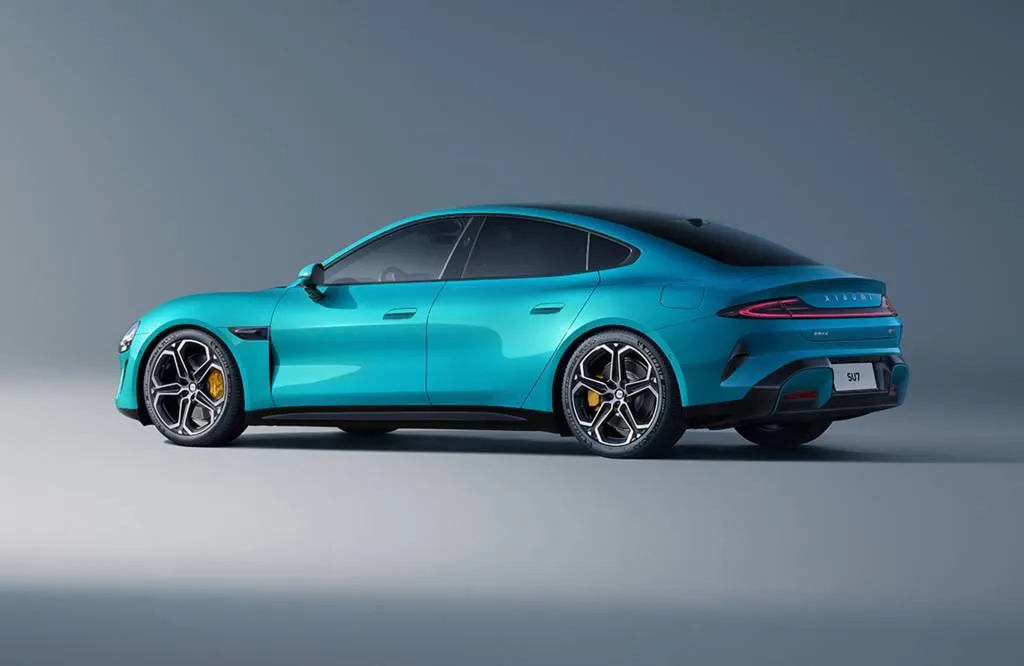
2024 Xiaomi SU7
President Joe Biden has placed bigger tariffs on Chinese EVs while supporting policies to grow U.S. EV sales, including charging infrastructure investments and a revamped EV tax credit. While its a little uncertain where Vice President Kamala Harris—now the likely Democratic nominee following Biden's withdrawal from the 2024 presidential election—stands on Chinese EV imports, the policies of a future Harris administration are likely to be similar.
Trump, meanwhile, has promised a 100% tariff on vehicles made in Mexico—EV or not—targeting vehicles from Chinese companies manufactured there. He's made clear that Chinese companies wouldn't be blocked from making EVs in the U.S., with U.S. labor and U.S. materials, but Trump's overall EV policy is essentially looking like one that, from some perspectives, subsidizes gasoline vehicles.
